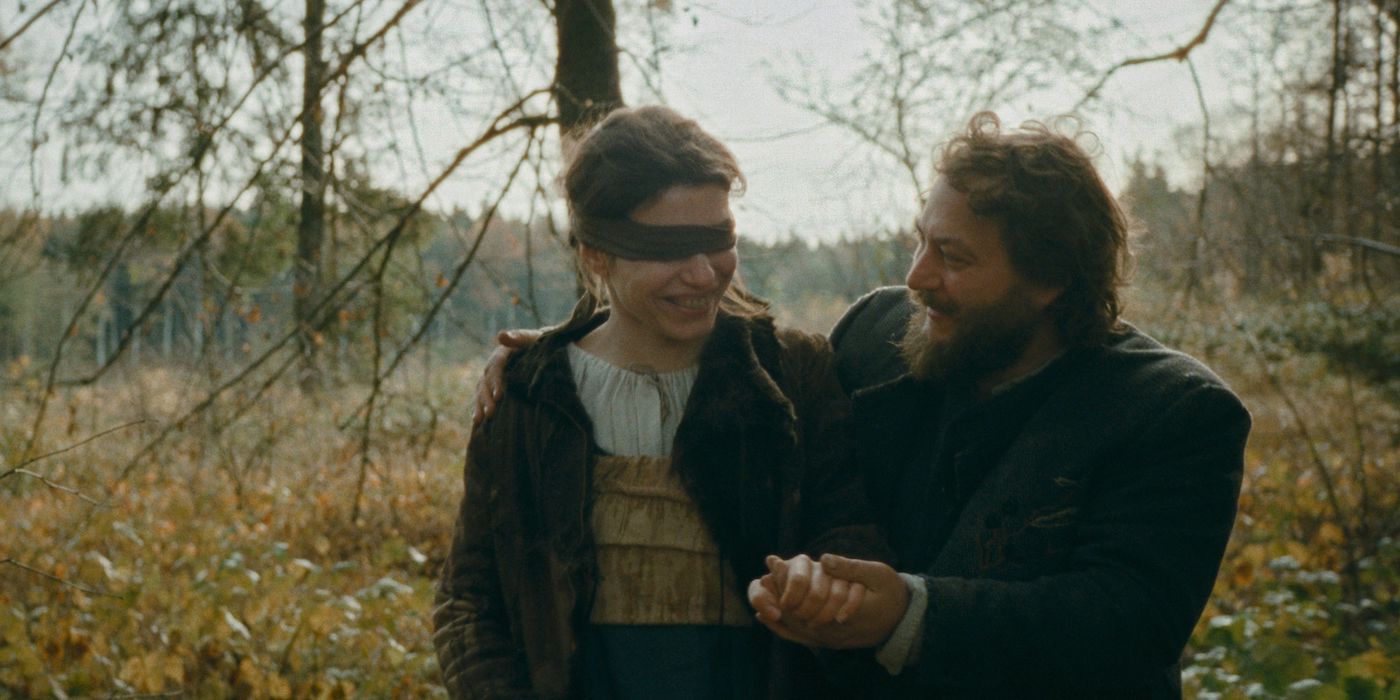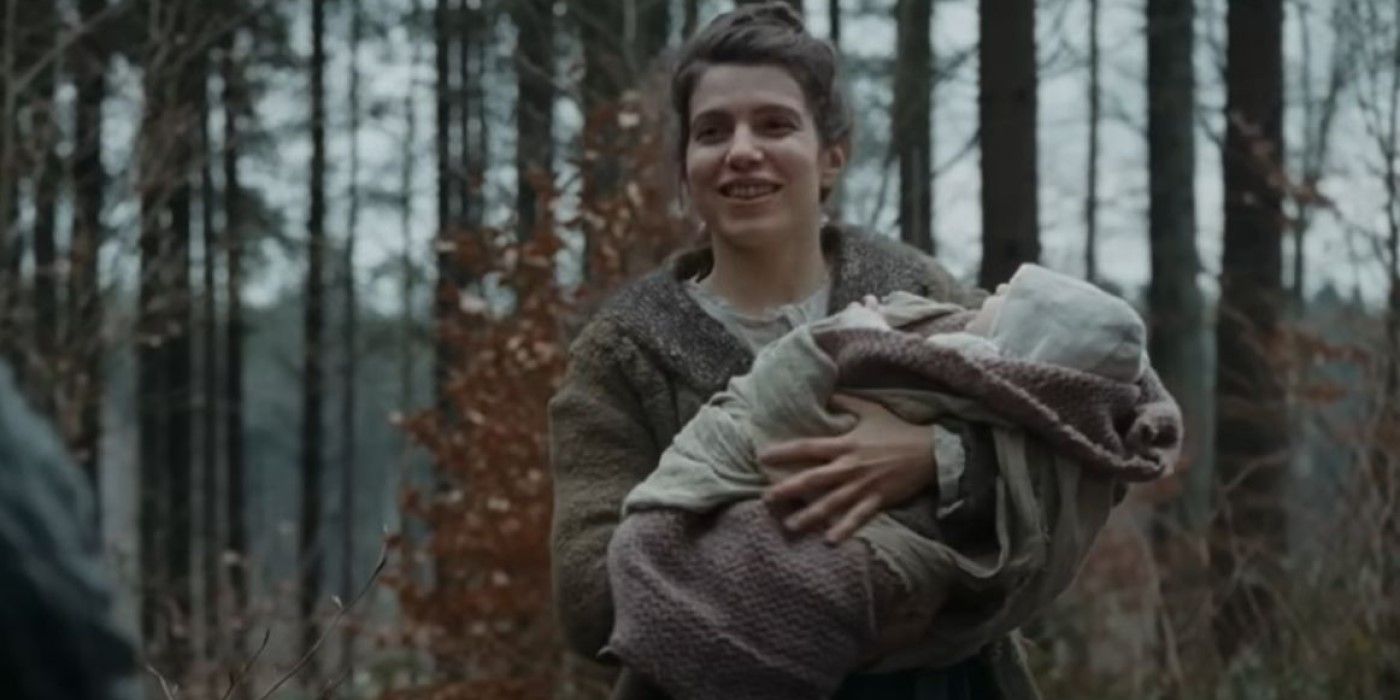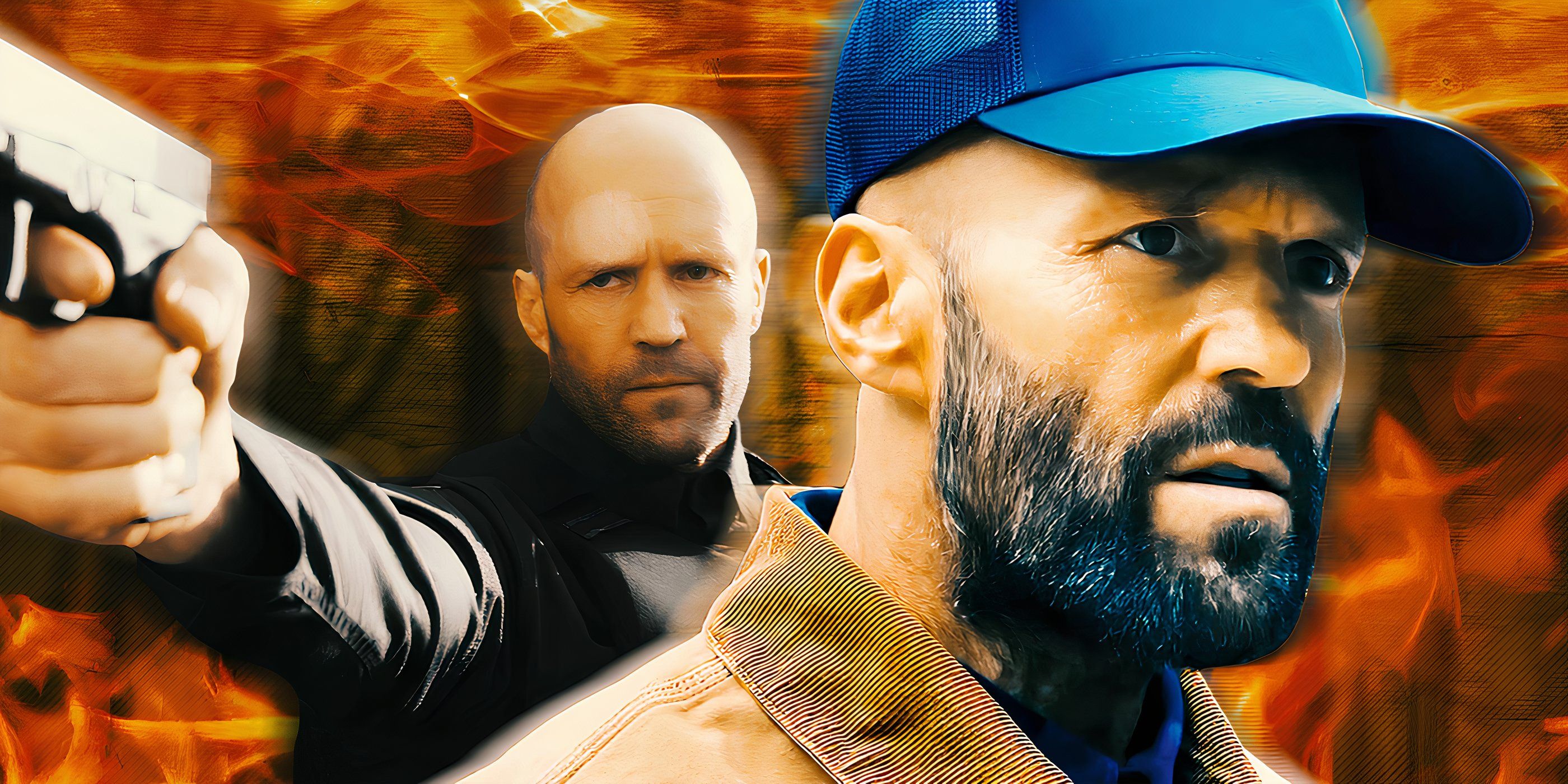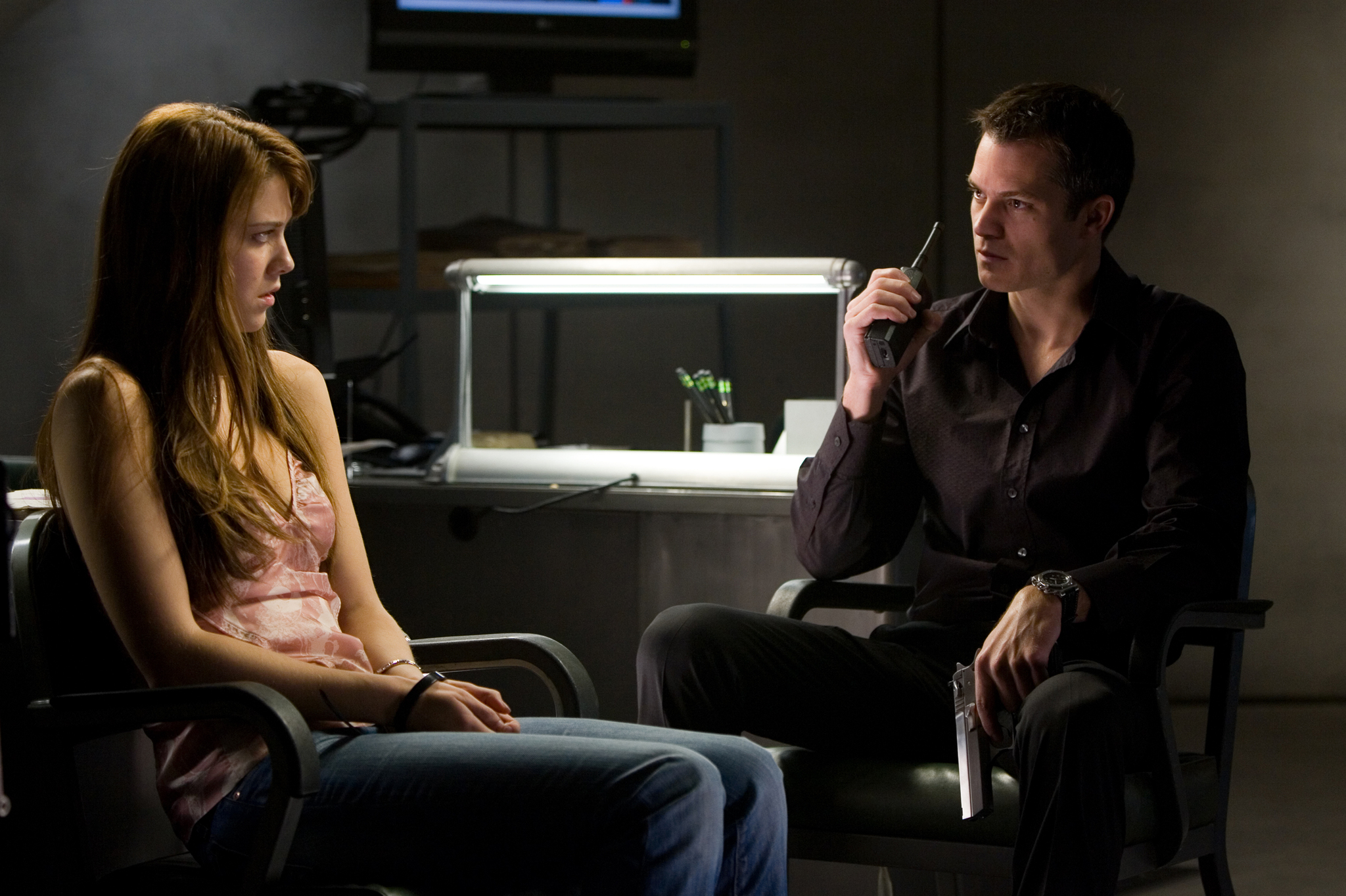The Devil’s is a haunting psychological horror film that explores the dark intersection of faith, desire, and the human thirst for control. Set against a backdrop of fear and religious extremism, the film tells a deeply unsettling story that is both historical and disturbingly relevant.
Taking place in a small, isolated village torn by superstition and political unrest, the story centers on a respected priest whose reputation for spiritual guidance and healing draws both admiration and suspicion. When a powerful noblewoman accuses him of demonic influence, a terrifying witch-hunt is unleashed. What begins as a personal vendetta spirals into a frenzy of torture, paranoia, and mass hysteria.

The film masterfully portrays the destructive force of blind belief and unchecked power. The priest, once seen as a man of God, becomes a symbol of temptation and rebellion. His complex relationship with the townspeople—particularly with women drawn to his charisma—raises uncomfortable questions about morality, sin, and how the lines between good and evil can blur under pressure.
Visually, The Devil’s is stark and unrelenting. The cinematography uses cold tones and shadow-filled rooms to evoke a sense of spiritual emptiness and creeping dread. Every frame feels heavy with consequence. The score adds to the tension, mixing solemn hymns with jarring, discordant sounds that reflect the inner chaos of the characters.

What makes the film particularly disturbing is its foundation in historical events. Inspired by true stories of religious persecution and political manipulation, The Devil’s shows how institutions can twist truth for their own ends. The scenes of public accusation, forced confessions, and physical torment are not just horrifying—they are deeply tragic.

The performances are intense and layered. The lead actor gives a brilliant portrayal of a man trapped between righteousness and ruin, while the antagonist—a figure of both religious piety and cruelty—brings chilling authenticity to the role. Supporting characters, including victims, followers, and silent witnesses, all contribute to the atmosphere of dread and moral collapse.

The Devil’s is not a film for the faint of heart. It is a grim and thought-provoking examination of how easily fear can be weaponized, how faith can be corrupted, and how those who claim to fight evil can become its servants. In the end, it asks a haunting question: When everyone believes they are right, who speaks for the truth?



